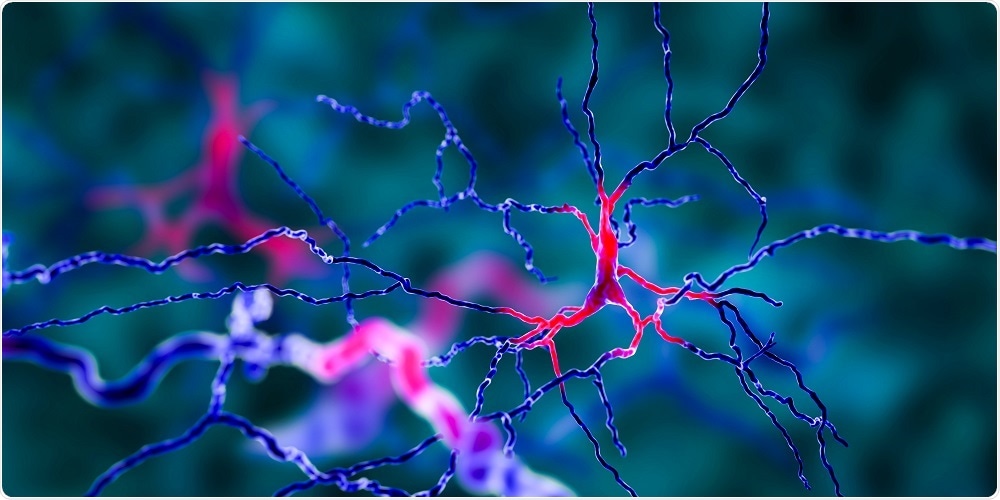Researchers from the Hertie Institute for Clinical Brain Research have shown that a form of vitamin B3 called nicotinamide riboside may offer a possible treatment for Parkinson’s disease.
 Image Credit: Kateryna Kon / Shutterstock
Image Credit: Kateryna Kon / Shutterstock
Dr Michela Deleidi who led the research says the substance stimulates the faulty energy metabolism in affected nerve cells and protects them from dying off.
Although the precise cause of Parkinson’s is not fully understood, scientists know that nerve cells in the substantia nigra region of the brain die off die to damaged mitochondria (the energy producing organelles in a cell).
We aimed to investigate whether damaged mitochondria were merely a side effect or whether they cause Parkinson's disease.”
Dr Michela Deleidi, Lead Author
Working with international colleagues, Deleidi and team took skin cell samples from patients with Parkinson’s disease and induced them to turn into stem cells, which then developed into nerve cells.
The cells had a defect in the GBA gene, the most common risk gene for Parkinson’s. These defected nerve cells had damaged mitochondria and, consequently, impaired energy production.
The researchers then tried to stimulate the formation of new mitochondria, a process that involves a coenzyme called NAD. They added a from of vitamin B3 called nicotinamide riboside, a preliminary stage of the coenzyme, to the cells.
As described in Cell Reports, an increase in the cellular level of NAD resulted in the formation of new mitochondria and an increase in energy production.
Next, the team investigated the effects of feeding the vitamin to flies with a GBA gene defect. The death of nerve cells in these flies causes them to have increasing difficulty walking and climbing as they age.
Deleidi and colleagues divided the flies into two groups: those that received feed enriched with nicotinamide riboside and those that did not.
The substance had a positive effect here as well. In the flies which were treated, far fewer nerve cells died off.”
Dr Michela Deleidi, Lead Author
The flies also retained their mobility for longer.
Deleidi says the results suggest that the loss of mitochondria does indeed play a significant role in the genesis of Parkinson’s disease and that administering nicotinamide riboside may be a new starting-point for treatment.
Further studies are needed to establish whether the vitamin can really treat Parkinson’s and the researchers are planning to test the effects of nicotinamide riboside on patients.